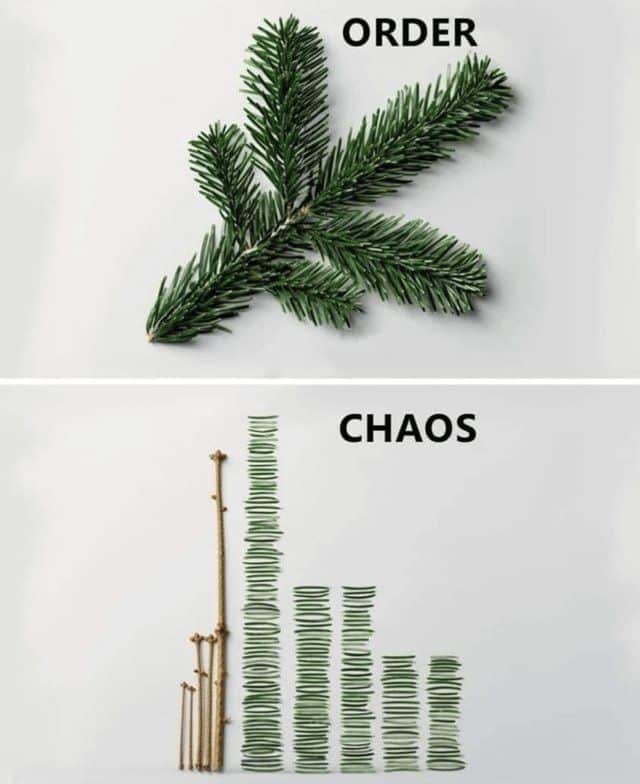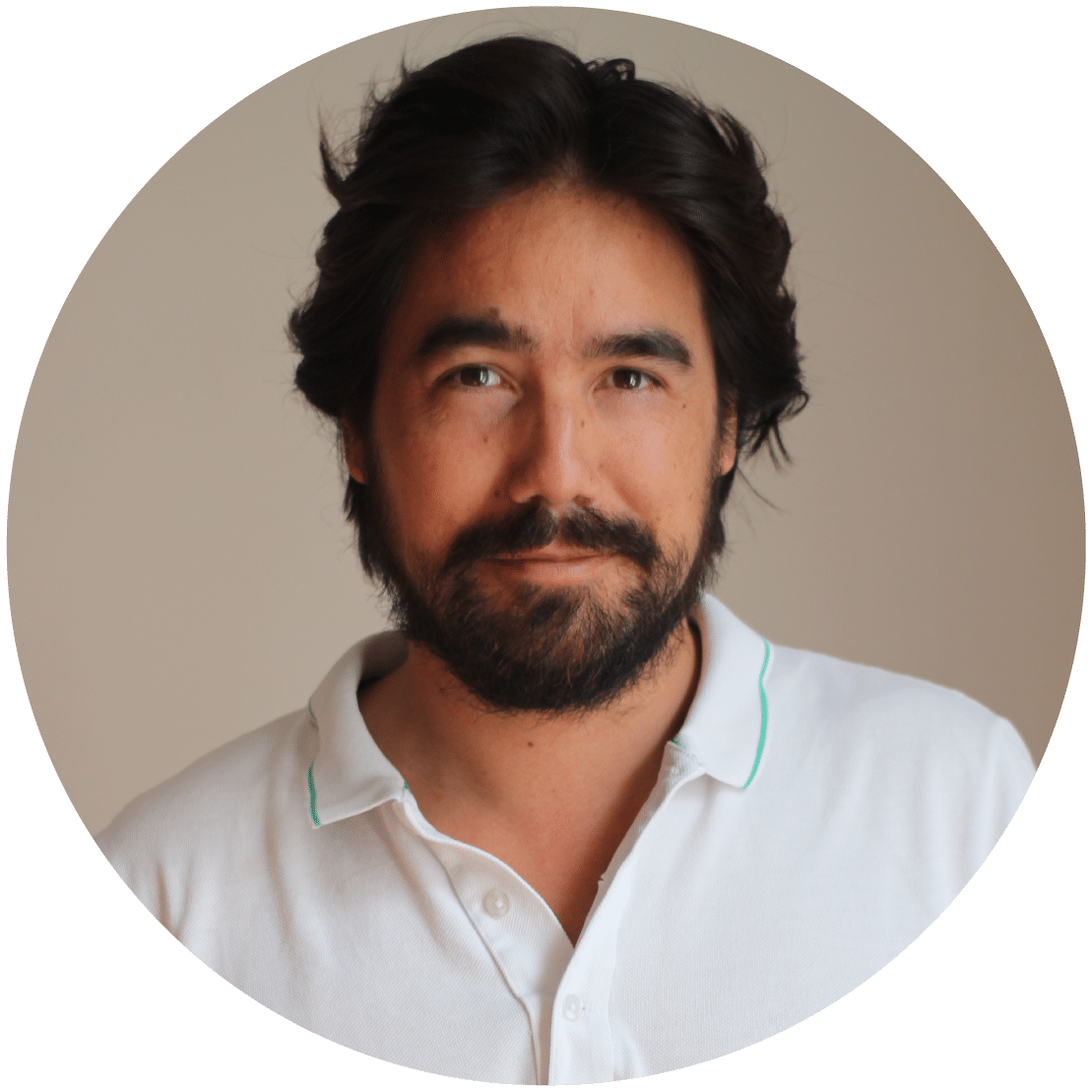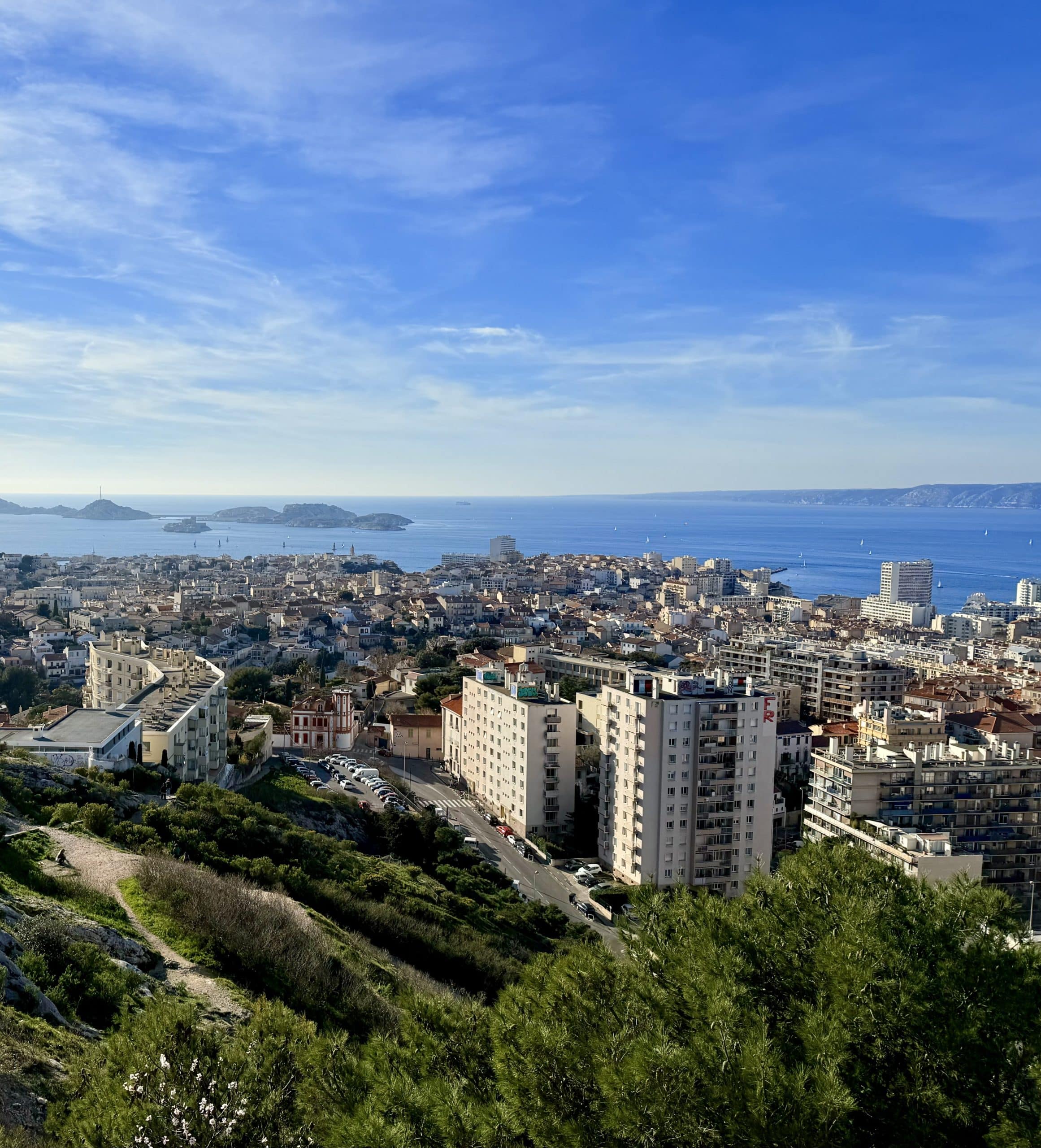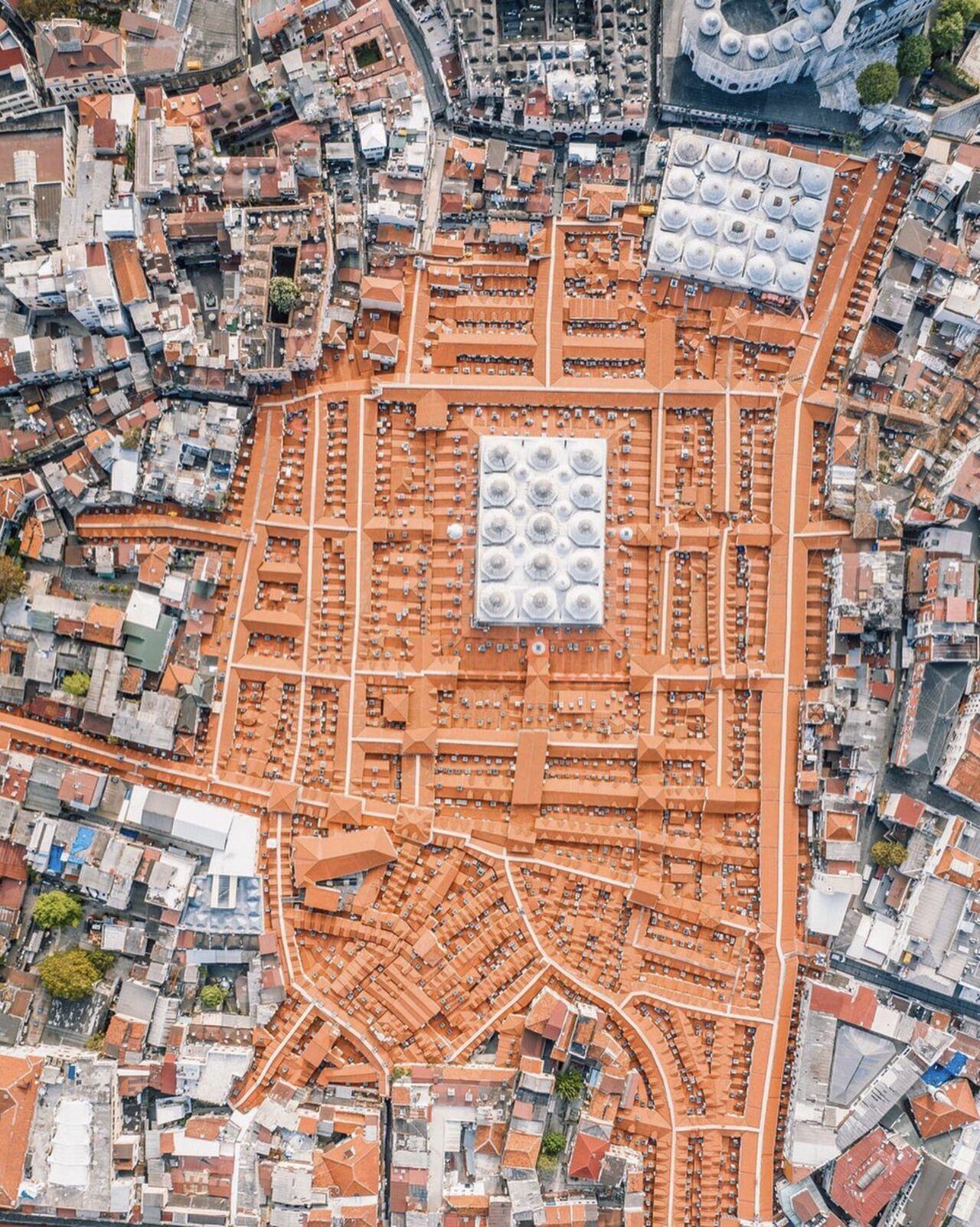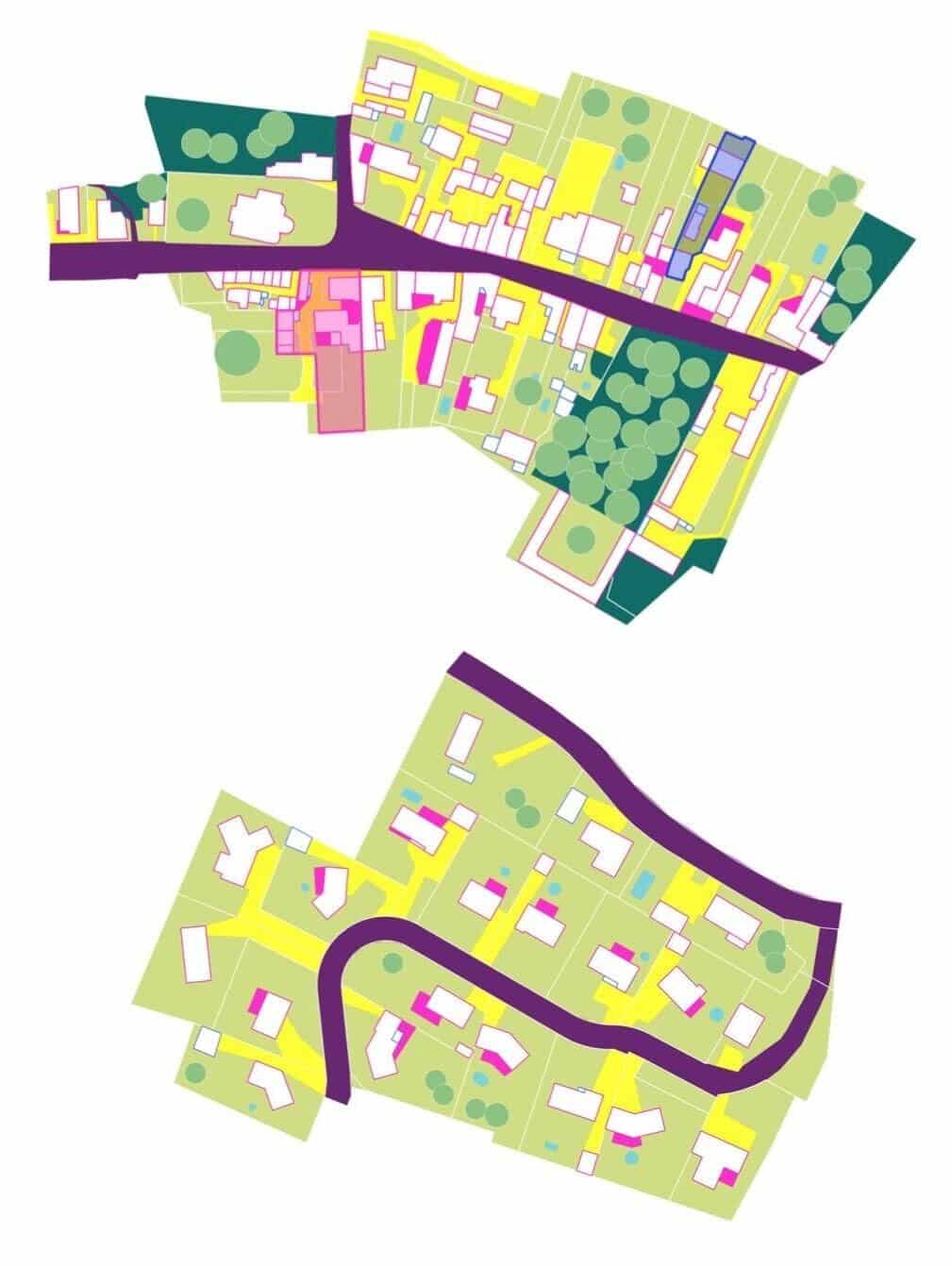In France, and likely beyond, our tendency toward implification in urbanism has a consequence: more and more, we believe the city and its development can be completely controlled—and that only what is managed by public authorities is virtuous.
As I explored in a recent essay, our return to moral judgment — in place of richer political and technical thinking — is leading us back to the mindset of 1930s functionalist urbanism

 . A mindset that radically oversimplified both how we understand cities and how we shape them.
. A mindset that radically oversimplified both how we understand cities and how we shape them.
For the functionalists, the city was a machine.
A simple one.
Spacing out buildings was considered hygienic—and therefore inherently good.
Separating functions was virtuous in itself.
And so on.
But a city (a territory) is a living organism

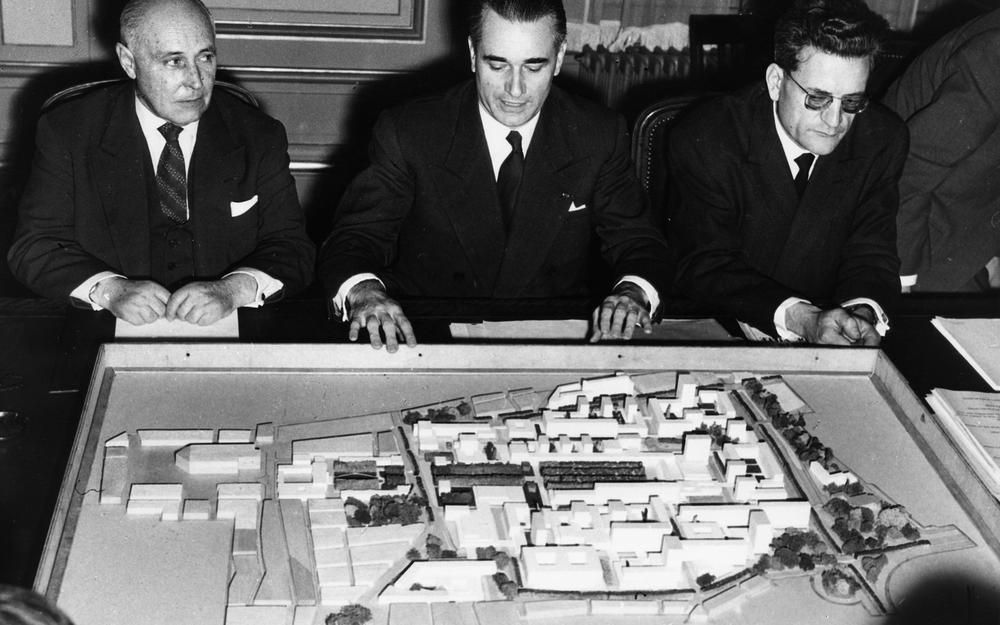 .
.
Not because we should draw superficial analogies between a human body and an urban plan (that’s precisely the kind of oversimplification we should leave behind), but because a city is an immense social, natural, artificial, and cultural artifact, coproduced every day by millions of human decisions and actions, as well as by the adaptive behaviors of all the living beings that make it up.
A city is an ecosystem of living organisms.
A set of ecosystems.
A city is, quite simply, part of the living world.
As such, we can’t go back a hundred years and think: Anything not controlled by public authorities—by mayors, planners, or urban designers—is bad, suspicious, or misguided.
And yet, that’s exactly what’s happening today in France’s high-pressure urban areas. Across the political spectrum, I hear mayors and their teams say—almost daily—that from now on, they intend to block any project

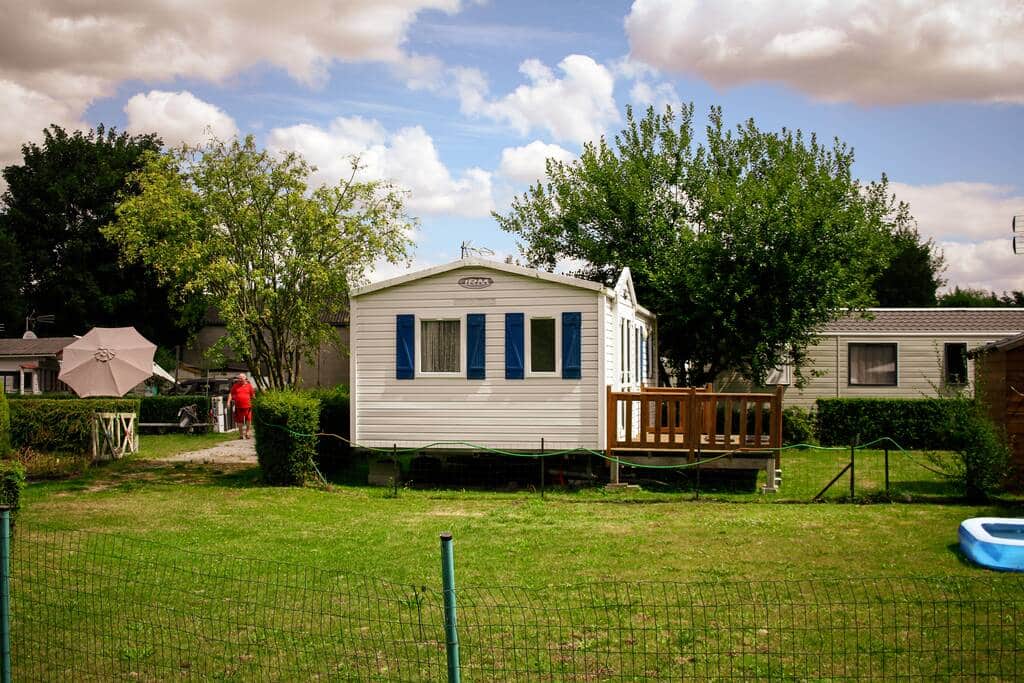 they didn’t initiate, didn’t plan, or don’t fully control.
they didn’t initiate, didn’t plan, or don’t fully control.
This is why the idea that public land control is the alpha and omega of good urbanism is gaining such traction.
In reality, citizen-led initiatives

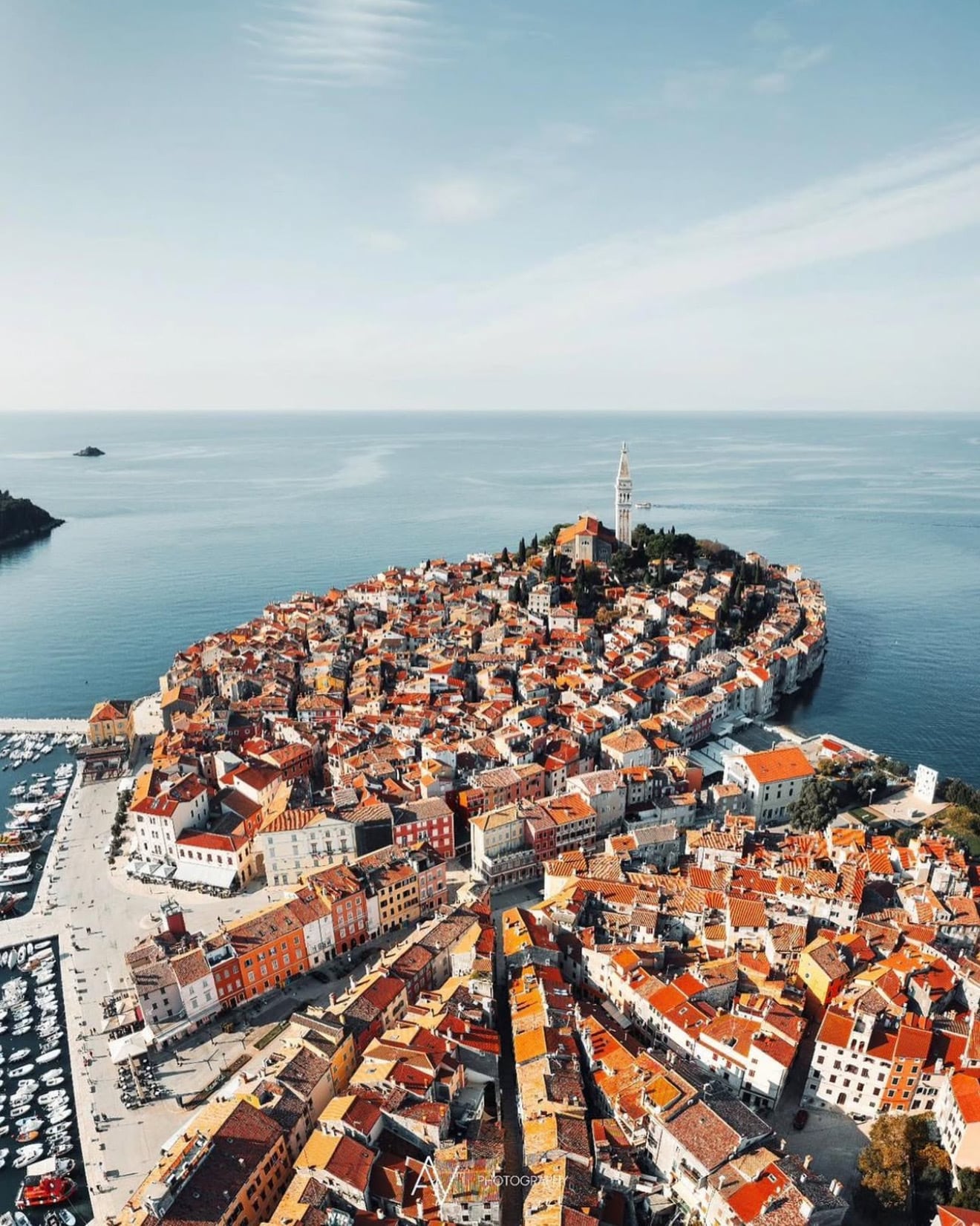 , those driven by residents, homeowners, local actors, and supported by skilled professionals trained in their craft
, those driven by residents, homeowners, local actors, and supported by skilled professionals trained in their craft

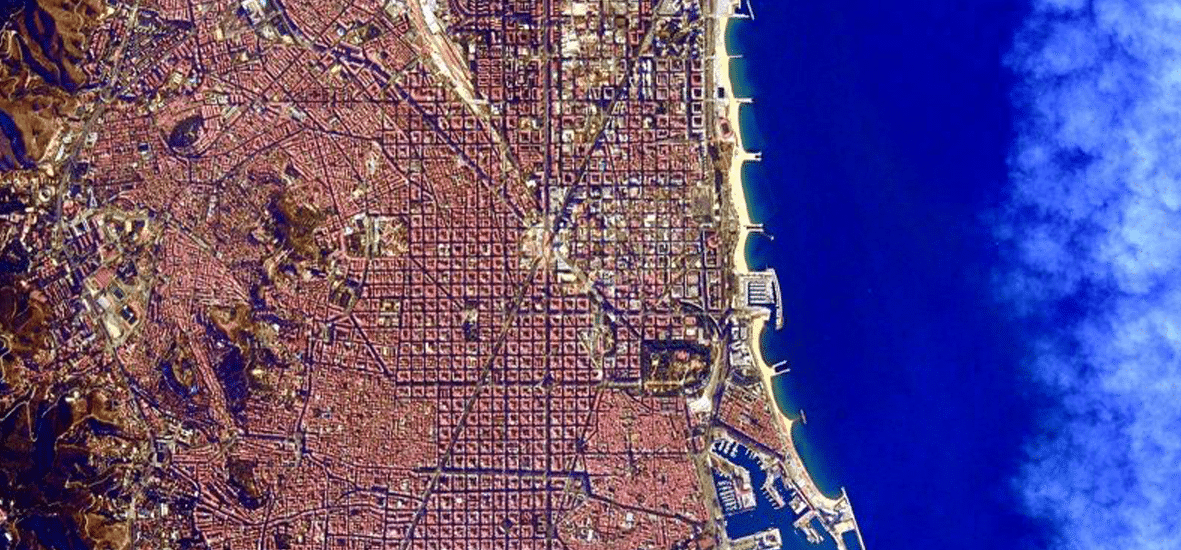 , can produce things that are useful, context-sensitive, intelligent, appropriate—even necessary.
, can produce things that are useful, context-sensitive, intelligent, appropriate—even necessary.
Even if they weren’t part of the original plan.
Organic urbanism

 is precisely what seeks to reconcile:
is precisely what seeks to reconcile:
1/ The strong role of public authorities in managing infrastructure, public spaces, facilities, nature conservation, and mobility systems;
2/ With the equally strong role of projects driven by residents, workers and local actors.
This is the vision we work to bring to life every day at Villes Vivantes, across France—and beyond.
gives birthto its own future : plot division as a major art of organic urbanism
